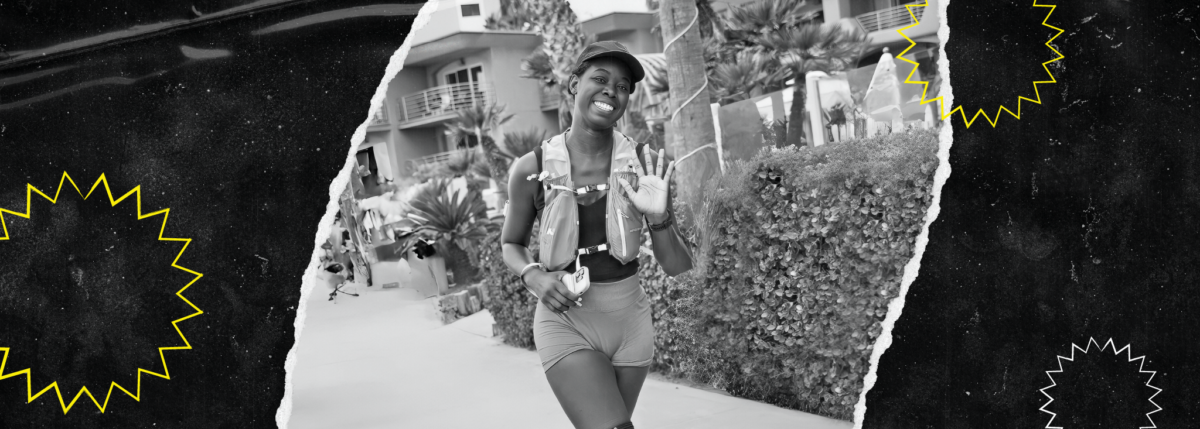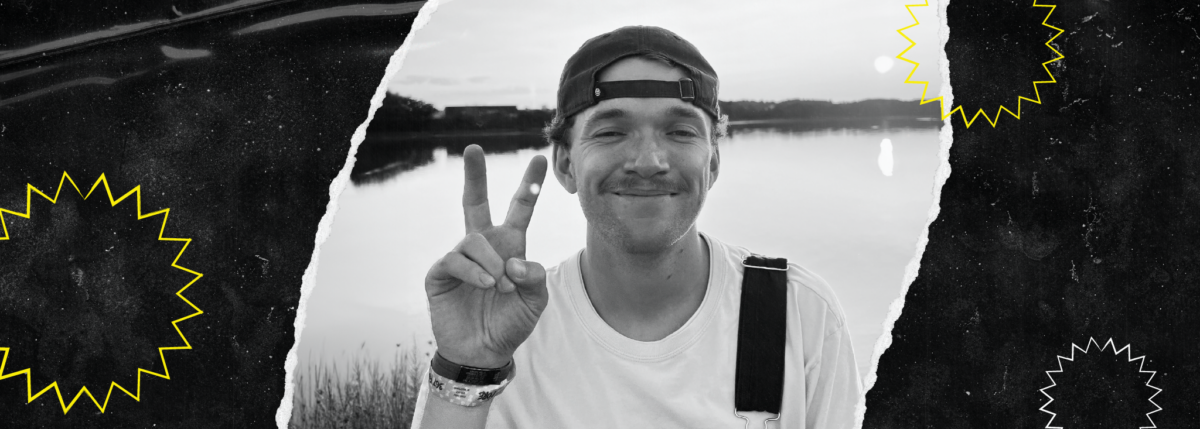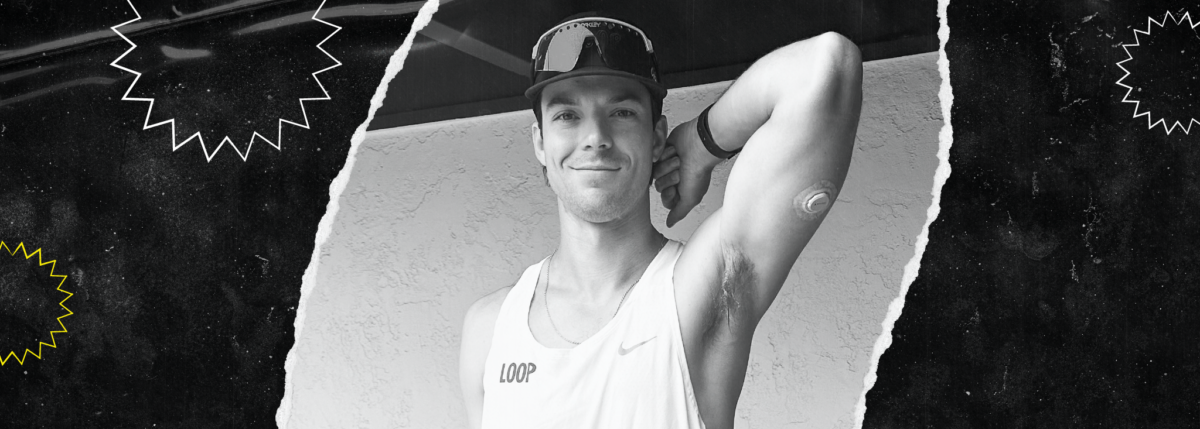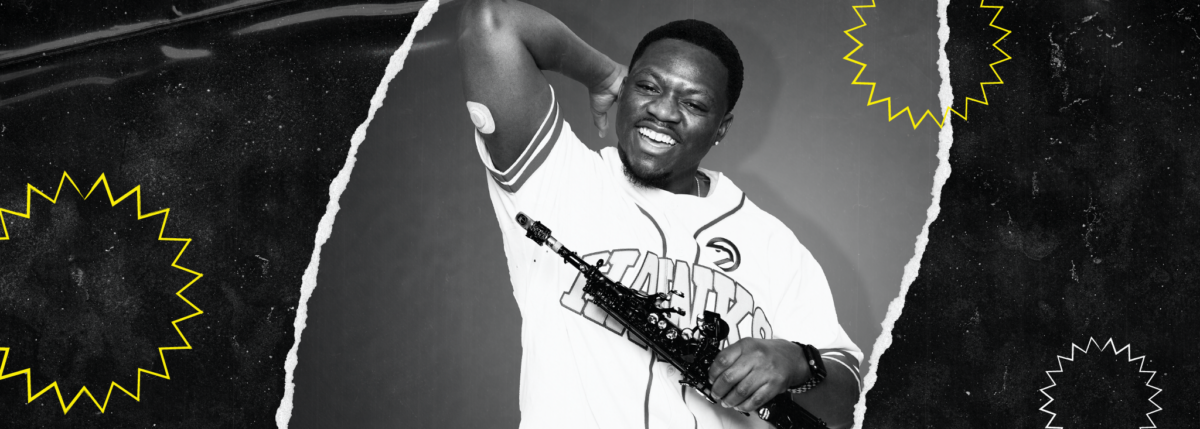Practice, Practice, Practice: Music, Marathons + T1D
Written by: Emma Plehal
3 minute read
October 17, 2019
Emma was a member of the 2019 Beyond Type Run team running the TCS New York City Marathon. Beyond Type Run is sponsored by Dexcom and Tandem Diabetes Care.
Seasoned veteran
I’ve been living with type 1 for 30 years. When people hear that, I think sometimes they assume that I must be an expert at managing it, that I have it all “figured out.” But honestly, this disease is tough and it changes every day. It takes constant practice.
For more than 20 years of my life, I had essentially just gotten by with my diabetes control. I was doing all right, but not great, and I really didn’t want to deal with diabetes most of the time.
My mom likes to tell the story of how, for Christmas one year when I was in high school, I gave myself a gift and took a “day off” from blood tests and insulin shots. That gift led me to three days in the hospital with my first real experience of diabetic ketoacidosis (DKA). Many things that are now everyday language in the diabetic community weren’t around when I was diagnosed in 1989, but I know now that particular experience stemmed from a serious episode of burnout.
Music maker
A few years ago, I was in graduate school studying music. I’ve played the bassoon (that tall woodwind instrument sticking out of the back of an orchestra) since middle school and was working on two graduate performance degrees. This required hours and hours of practicing and many high-pressure, stressful performances. I’d always eat a little extra or let my blood sugars run a little high during those times because when I’m onstage performing, I can’t stop to take in sugar. Plus, the shakiness that comes with a low blood sugar can totally ruin the technique I’ve practiced so much in order to play my best.
It was during this time in school that I began to use a continuous glucose monitor (CGM). I’d had an insulin pump for more than a dozen years already, but I was one of those people who had been told, “All you have to do is count your carbs and give yourself a bolus, and you’ll be good to go!”
When I finally got the CGM, I started to notice something. Anytime I had a recital or an audition, or even just an important rehearsal, my blood sugar would spike rapidly. By the time I finished playing, I’d be dehydrated, foggy-headed and frustrated with my own performance. I frequently labeled it as performance anxiety and judged myself as musically unprepared. In reality, these feelings I was experiencing were more often a result of my blood sugar spiking due to stress, and adding in that “insurance” snack beforehand was making it worse.
I started to learn through CGM data that the quality of my musical performance was very, very closely tied to my blood sugars, and that I’d been managing it incorrectly for a long time by simply avoiding lows like the plague. Suddenly, I had a renewed reason to take better care of myself; if I had steadier blood sugars, I’d be a stronger musician.
Eventually, I wrote my graduate thesis about this very topic, interviewing musicians who were living with diabetes and learning about their techniques and challenges. Those interviews and my research led me to discover the rapidly-growing online diabetes community, including Beyond Type 1. Growing up, I had known only a couple other individuals who were living with type 1, so connecting with so many people online was another game-changer.
Coming full circle
Finding the connections between music and diabetes has significantly improved my life over the past few years. And now, I want to celebrate by giving back to the community that has been helping me. That’s why I’m running the TCS New York City Marathon with Beyond Type Run.
Just like being a musician and just like living with diabetes, running takes practice. Lots of it. Managing diabetes while running long distances requires a ton of trial and error. Throughout my marathon training, I’ve had to learn how to plan my food and time my insulin dosages specifically to support my running plan each day, and how to respond to high or low blood sugars while on the move. I’ve learned to anticipate what my body will do and work ahead of the highs and lows so that my blood sugars stay as steady as possible.
This is the same kind of problem-solving that I’ve had to apply to my life as a musician. Am I at risk of having a low blood sugar in the middle of this symphony? Is there an opportunity in this concert to eat a glucose tab or give a quick bolus if I need it? Did I remember to turn off the alarms on my pump so it doesn’t make a sound onstage?
Music, diabetes and running: these all require a level of routine, a solid foundation of regular practice and a whole lot of flexibility and patience. They all are affected by changes in your body, changes in the weather, changes in your environment. And they all are easier with support from family and friends.
Living with type 1 diabetes means navigating new terrain and learning new music every day. And although I might still be figuring it out, I’m always looking for ways to not let it keep me from accomplishing the next big thing.

Author
Emma Plehal
Emma Plehal is a member of the 2019 Beyond Type Run team running the TCS New York City Marathon. An avid music lover, she has played the bassoon for years and studied music in graduate school.
Related Resources

Danica Collins not only prepared for one of the most challenging physical events of her...
Read more

Beyond Type 1 is spotlighting inspiring athletes with type 1 diabetes as they prepare for...
Read more

On November 3, 2024, Taylor Rindfleisch of Chicago laced up her running shoes for the...
Read more

